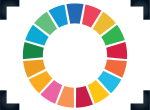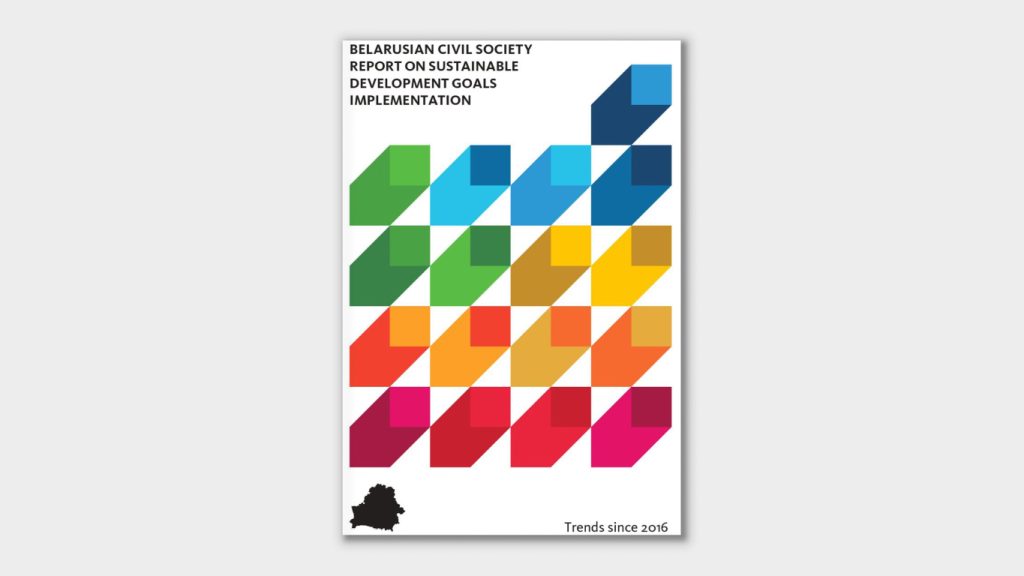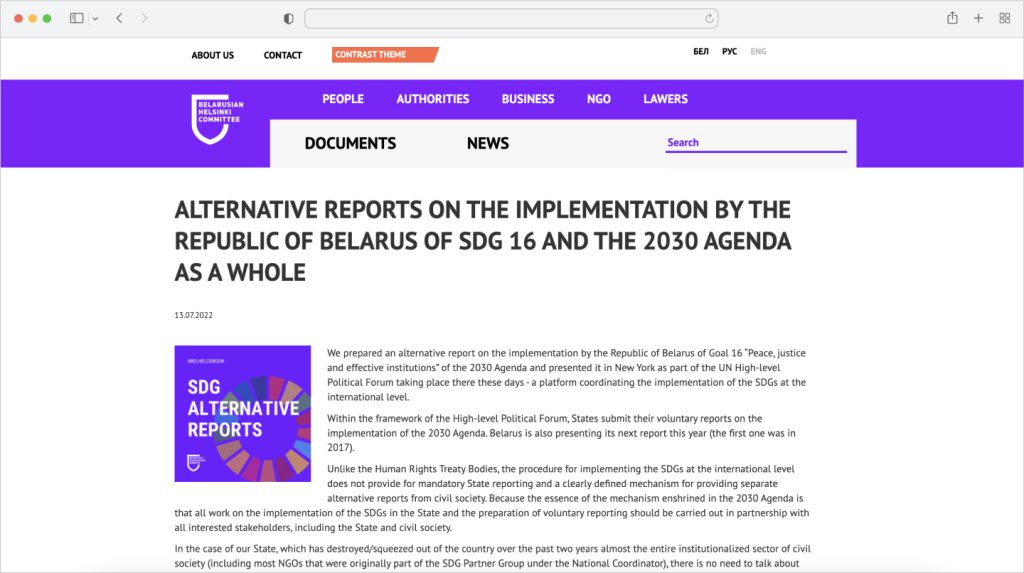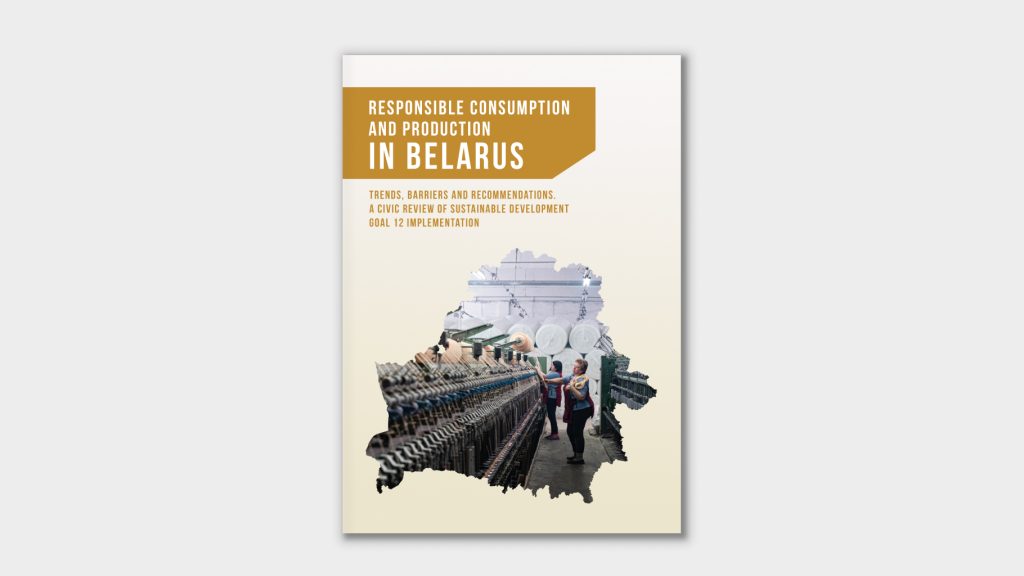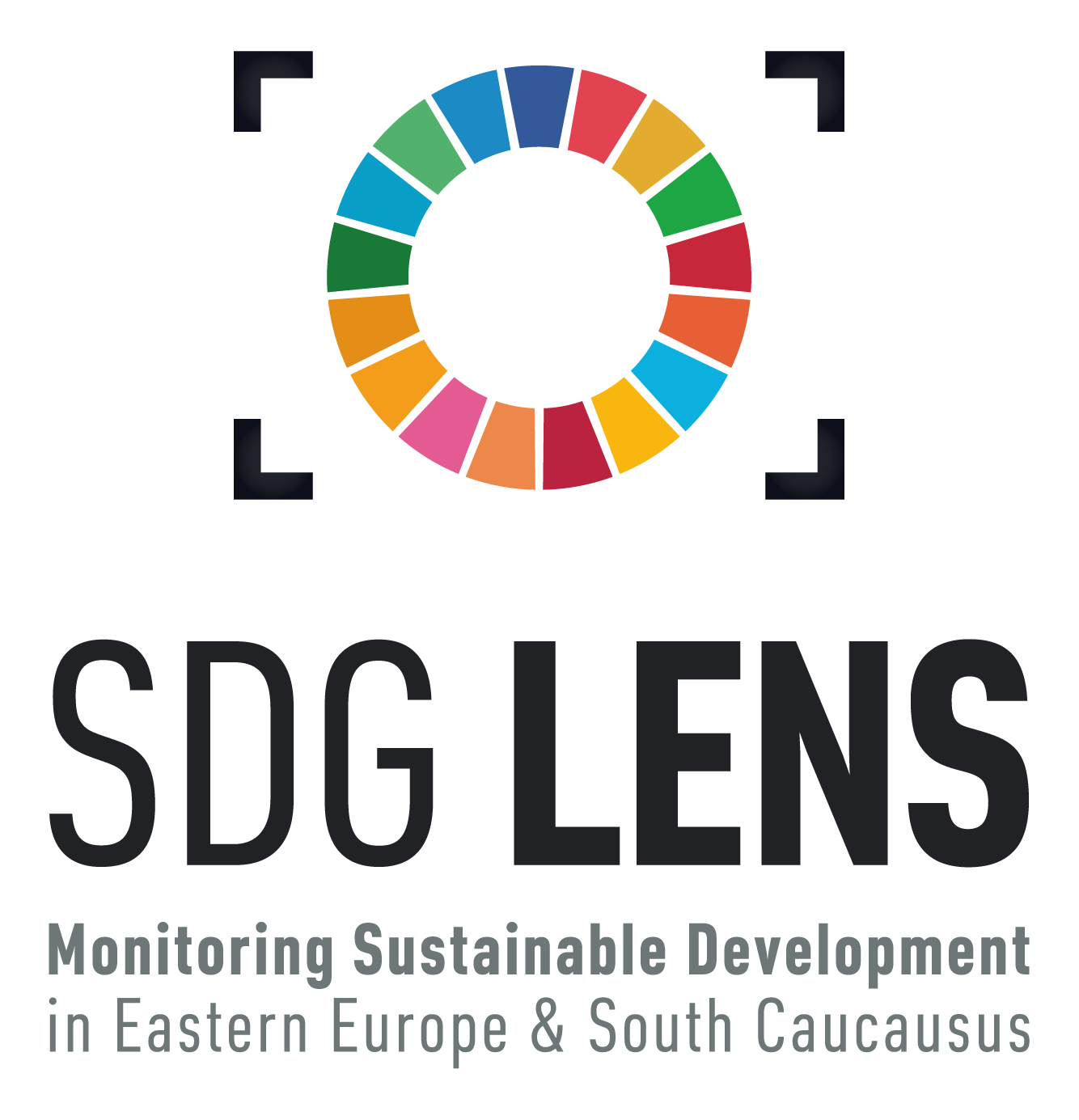Sustainable Development Goals in Belarus
Since 2015, Lukashenko’s administration has consistently expressed its commitment to achieving the Sustainable Development Goals in Belarus. According to the SDG Index, Belarus ranked 24th out of 165 countries for 2021, and 34th out of 166 countries in 2023.
In 2017, Belarus established the role of the National Coordinator on achieving the Sustainable Development Goals and devised a system for managing the sustainable development process. Additionally, a “Mainstraming, Acceleration and Policy Support” (MAPS) mission took place with the aim of identifying a strategy for the government to achieve sustainable development and proposing measures to integrate the SDGs into national plans and monitoring systems. At the end of 2017, the MAPS expert and advisory mission drew up a roadmap for achieving the SDGs in Belarus and presented four “accelerator” platforms which, if implemented, would drive progress across multiple SDGs:
- Green transition for inclusive and sustainable growth;
- Future generation orientation;
- Digital transformation and social innovation;
- Gender equitable society.
Belarus has adopted a National Strategy for Sustainable Socio-Economic Development until 2030 with a further extension until 2035. The country also established the Sustainable Development Council and introduced the SDG National Reporting Platform to track progress while maintaining the SDG Roadmap.
Despite the progress made since 2016, backed by international organizations and supported by civil society, all efforts to realize the SDGs and uphold the principles of sustainable development have been overshadowed by the significant repression events that began in August 2020.
Voluntary National Reviews
So far, there have been two Voluntary National Reviews on the progress of achieving the Sustainable Development Goals, prepared in 2017 and 2022. Belarus declared in 2023 that it plans to submit the third VNR in 2025.
The Role of Civil Society in Belarus
Until 2020, government organizations showed interest in the development of the SDGs, occasionally engaging with civil society and seeking input from independent experts. Although productive cooperation on certain topics was challenging or unattainable, government bodies maintained an informative exchange with NGOs. For example, the Partnership Group for Sustainable Development was established. As of 2021, however, only representatives of NGOs that are actually affiliated with and dependent on the government can be invited to participate in this group.
The situation of civil society is dire. Following the 2020 elections, the losses in the public sector of Belarus are already at least 1315 institutionalized forms of non-governmental organizations (public associations, trade unions, foundations, non-governmental institutions and associations). In January 2022, an article on on criminal liability for activities on behalf of unregistered organisations (Art. 193-1) was reintroduced in the Belarusian Criminal Code, which was previously included in the Criminal Code but was repealed in 2018. As of 31 May 2023, 1496 persons were recognized as political prisoners and held in places of detention in Belarus.
In 2022, Belarusian experts and representatives prepared an alternative report on the implementation of the Sustainable Development Goals in Belarus. The Office of Sviatlana Tsikhanouskaya presented and advocated it to the diplomatic corps at the United Nations High-Level Political Forum 2022.
Currently, Belarusian civil society is facing a difficult time: the NGO community is in exile, activists and experts from the non-governmental sector are among the political prisoners, it is impossible to work with the target audience within the country, security issues and political crisis within the country, as well as the Russian war of aggression against Ukraine, make work impossible. At the same time, representatives of the pro-democratic non-governmental sector who have left Belarus should continue their work, including monitoring, advocacy and education about the SDGs. In 2025, Lukashenko’s regime will present a new VNR, so civil society representatives have a short time span to prepare a new Alternative report and look for new opportunities to obtain data on SDG indicators. One of the main principles for achieving the Sustainable Development Goals is to leave no one behind, and this principle is not respected in Belarus.
